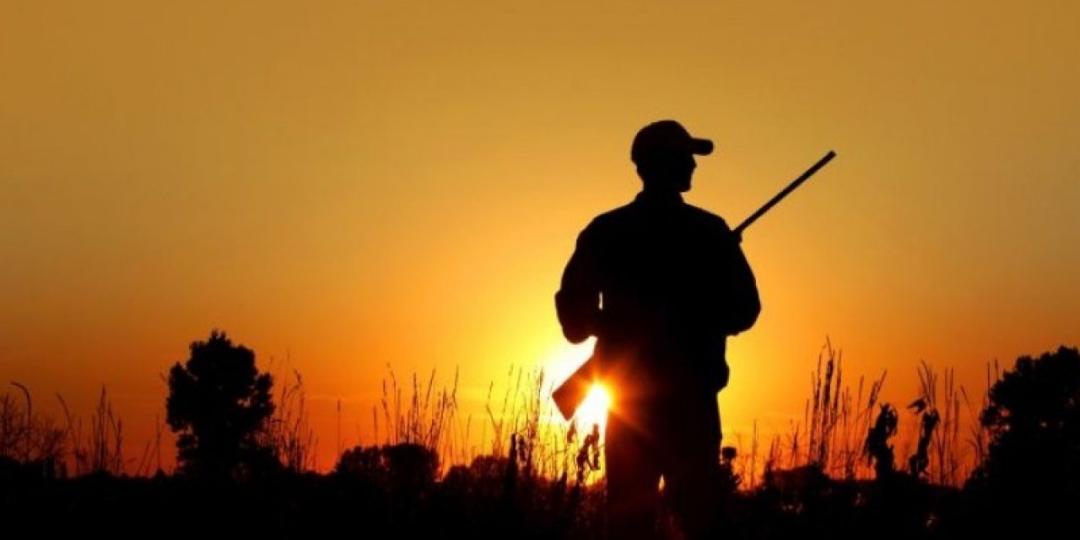Barry York, Vice President of the Professional Hunters’ Association of South Africa, told delegates at the National Tourism Stakeholders Forum that the hunting sector was viewed as the ugly duckling of the tourism industry – something he would like addressed.
York told the delegates his members were advised that they were not welcome on a recent tour of the Far East. “How do we promote a united front, a united tourism industry, when we are ignored?”
York said the association had recently received a letter from NGOs, claiming to be animal rights activists, asking for it to be removed from the TBCSA. “We are the people fully involved in animal interactions,” York said. “We are not involved with, nor do we support, canned hunting. This is a mixed and incorrect message by people with an alternative agenda.”
According to York, international hunting tourists are South Africa’s most important, and most responsible, tourists. “Hunters make a far greater individual economic contribution than any other form of tourism,” he said. York claimed that trophy hunters paid between 10 and 20 times more than normal tourists. “They are more adventurous and often spend their foreign currency in rural communities, where they create valuable income for the poorest of the poor.”
Hunting tourism not only has an economic impact, but has a positive social impact as well, according to York. “Hunters have the smallest carbon footprint of any tourists. Mass tourism, which needs five-star hotels and highways, has a massive impact on the environment.” He also said that animal welfare was of high concern to the hunting industry, whose most important ethic was that it legally hunted animals selected to promote, grow and maintain the populations of the animals.
“Because of hunting, our wildlife numbers have grown. We are the conservation and wildlife success story of the world. We give wildlife an economic value,” he said.
For all this, York said the association still received no support from the Department of Tourism.
The Director-General and Chairperson of the Forum, Victor Tharage, responded to York’s comment saying that there was nothing wrong with the association promoting the types of packages they offered. “But to take that and place it at the forefront of what SA sells has huge consequences. We have to look and ask if this is a risk we want to take as a country.”
“Do you want to go and sell 20 000 packages in Texas, or Germany, or China? By all means we are happy with that. Do we want to support communities with successful land claims? Yes, we are prepared to support them to get into the tourism value chain, but not to market them,” he said, pointing out that it came down to maintaining South Africa’s reputation. “We want the 21 million (arrivals by 2030). We have to get it… but we will not succeed if we say that South Africa is the best destination for hunting. It is a reputation thing. It is a difficult decision but it has to be made. The issue is the brand of South Africa as a destination.”
Tharage was adamant that the Department would not actively promote hunting but offered to continue the conversation with York outside the forum.
A representative of the TBCSA said it would also be willing to continue the conversation with the association offline, and said it would respond to the issue of the calls for the association to be removed from the TBCSA soon.
























